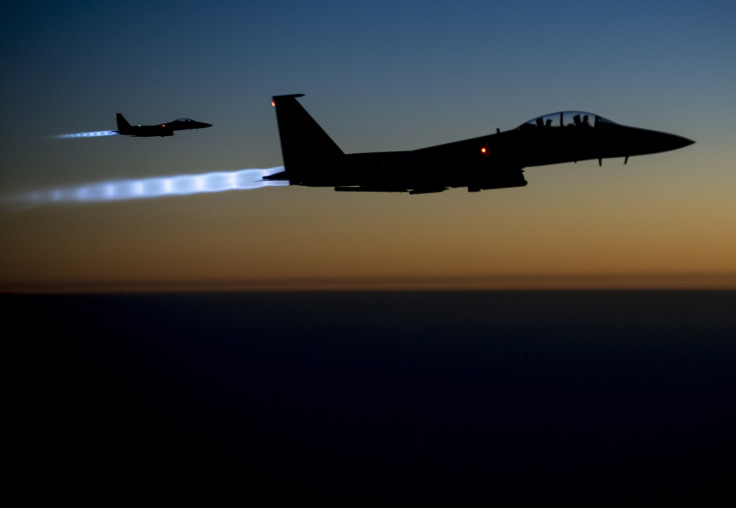War On ISIS In Iraq, Syria Has Cost US $1.1B Since June: Pentagon

The United States has spent $1.1 billion on military operations against the Islamic State group in Iraq and Syria since mid-June, according to data released by the Pentagon on Monday, the Associated Press, or AP, reported. The cost of the operation in Iraq increased significantly in August when President Barack Obama authorized airstrikes in the region.
Of the $1.1 billion, more than $60 million have been spent on Navy munitions alone, which include 47 Tomahawk cruise missiles fired by American warships from the Red Sea and the Persian Gulf. The bulk of these missiles targeted al Qaeda-linked Khorasan group near the Syrian city of Aleppo, AP reported. The figures released by the U.S. Central Command reportedly did not provide a cost estimate for ammunitions used by the Air Force, which is expected to be significantly higher.
The latest cost estimate by the Pentagon is slightly higher than figures released by the Center for Strategic and Budgetary Assessments, or CSBA -- a Washington-based think tank -- on Sept. 29, which pegged the cost of the U.S. operations in Iraq and Syria at $930 million.
The CSBA report, which took into account money spent on humanitarian relief missions, surveillance and intelligence gathering, as well as airstrikes, estimated that if military operations were further intensified and U.S. troops were deployed on the ground in Iraq, costs could go up to $22 billion a year.
As of now, there are nearly 1,300 U.S. troops in Iraq, including security personnel and advisory teams, which are working with Iraqi forces, according to media reports.
The latest figures released by the Pentagon, which put the daily expenditure at nearly $10 million, have been revised after an earlier estimate pegged the average daily cost of operations in the region, before airstrikes began in Syria, at $7.5 million.
© Copyright IBTimes 2025. All rights reserved.






















